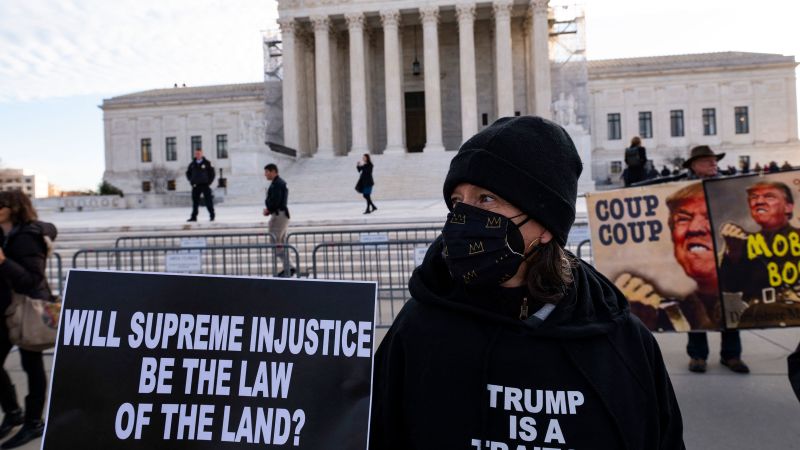As last summer came to a close, former President Donald Trump faced four criminal cases that posed a serious risk to his political future. The possibility of being convicted by multiple juries before the 2024 election loomed large. However, a year later, things have taken a different turn. Monday’s Supreme Court ruling on presidential immunity is expected to prevent a federal trial in a major case before the election, giving Trump a chance to avoid pre-election trials in three significant criminal prosecutions. While he was convicted in the fourth case, the hush money case from the Manhattan district attorney was seen as the least serious.
“The sad thing is, of the four, it’s the one that feeds Trump’s narrative of political persecution, which is tragic,” said Ty Cobb, who previously served as Trump’s White House lawyer. The upcoming election will play a crucial role in determining Trump’s legal fate, as he may be able to make federal prosecutions go away if he is elected. The Georgia election subversion case is currently on hold pending a decision on ethical allegations against the prosecutor, and the prosecution faces other major hurdles.
Several factors have contributed to Trump’s apparent escape from criminal culpability before the election. His well-funded legal strategy, lucky breaks, and delays have all played a role. The Supreme Court’s Monday ruling is expected to further delay and weaken one of the most significant cases against the former president. The charges by special counsel Jack Smith alleging Trump subverted the 2020 election were groundbreaking, but the case now faces an uncertain future.
Even as critics express concerns about the handling of the case, the legal battles surrounding Trump’s alleged misconduct continue. The timing and outcome of the trials remain uncertain, with potential delays and legal challenges ahead. The upcoming election will not only determine the country’s next leader but also Trump’s legal destiny. If elected, Trump is expected to take steps to dismiss or pardon himself in order to avoid facing criminal charges. The future of these cases remains uncertain, with the legal system playing a crucial role in shaping the country’s political landscape.











